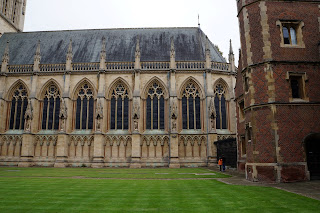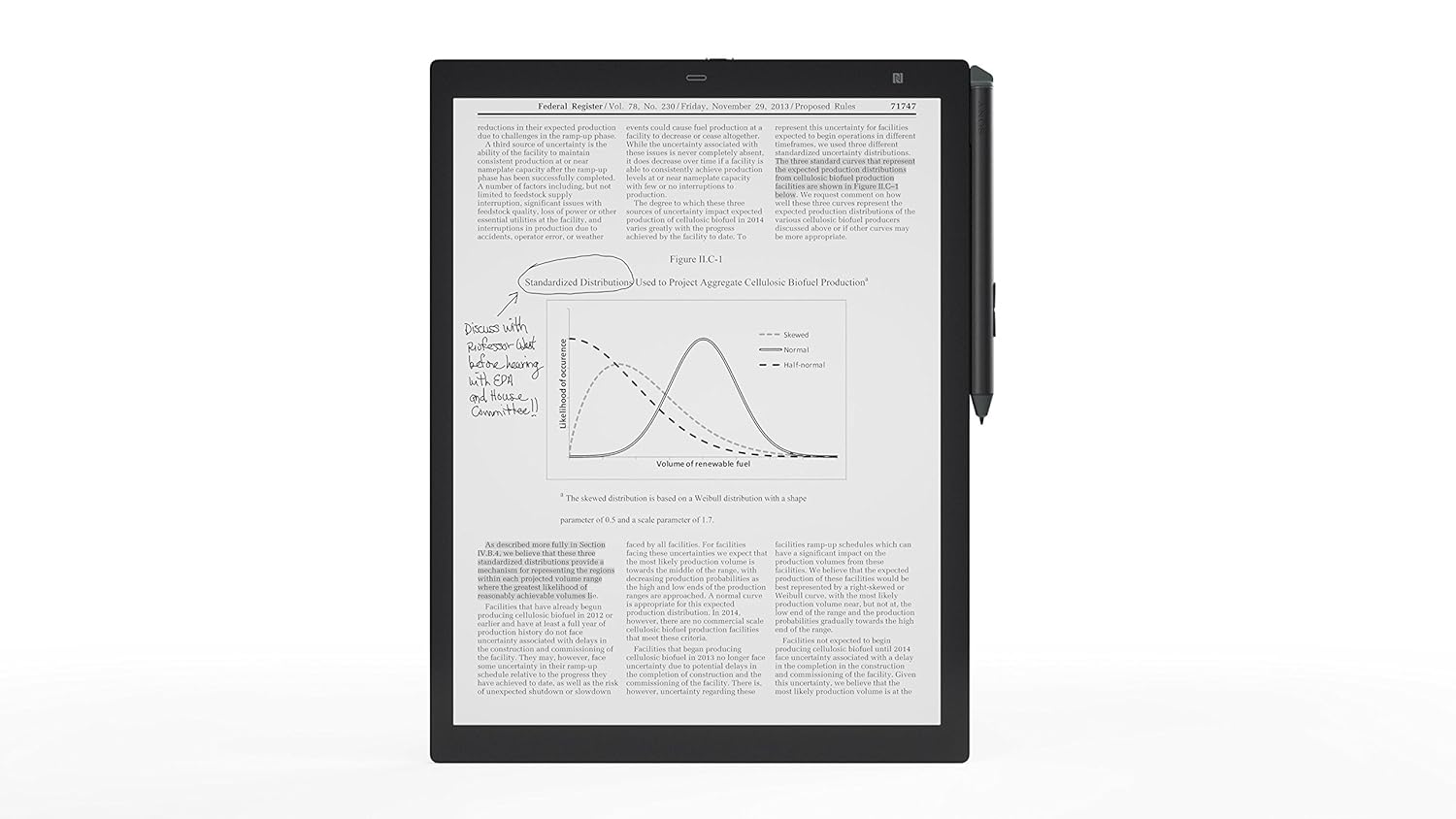"Nonpartisan," "evangelical," and "scholarship" are, it would seem, three words that do not belong together. In today's political climate when the term "evangelical" appears to be joined at the hip with the Republican party, Scot McKnight advocates
abandoning the label, and even Tim Keller wonders if it may have no "
ongoing usefulness." (If evangelical means support for Donald Trump, I want no part in it either.)
Evangelical biblical scholarship is alive and well, but it is often regarded as--and dismissed by outsiders for being--partisan. While there is a place for apologetics, I share a distaste for the variety of evangelicalism that reflects a siege mentality, an us-them divide between evangelicals and "secular"
critical scholars, and a drive to defend the authenticity of Scripture and certain
doctrinal positions that
we know to be true.
Rather than being defined by a defensive ethos or by political affiliation, evangelicalism has historically been characterized by four commitments:
"[A]n evangelical is committed to these four
elements: the Bible, the cross as the place of atonement, the necessity
of personal conversion, and an active Christian life both in
missions/evangelism as well as justice, peace and reconciliation." (Scot McKnight summarizing David Bebbington's quadrilateral)
It is probably safe to say that the term has always been contested by insiders, and viewed with suspicion, if not contempt, by outsiders. And it may be the case that "evangelical" should now be discarded because it no longer conveys anything like
Bebbington's quadrilateral.
Nevertheless, in this series I want to show that nonpartisan evangelical scholarship need not be a contradiction in terms, by quoting from scholars who have in the past been willing to identify as evangelical, and who defend a nonpartisan approach to biblical scholarship.
I begin with
Frederick Fyvie Bruce, the doyen of an earlier generation of evangelical scholars, who adopted a scholarly posture marked not so much by vigilant defense as by attention—listening carefully to the
text and to other people both inside and outside his tradition.
On being an (unqualified) evangelical:
"I am always happy to be called an evangelical, although I insist on being an unqualified evangelical. I do not willingly answer, for example, to such a designation as ‘conservative evangelical’. (Many of my positions are indeed conservative; but I hold them not because they are conservative – still less because I myself am conservative – but because I believe they are the positions to which the evidence leads.)” - F.F. Bruce, In Retrospect: Remembrance of Things Past (Grand Rapids: Eerdmans, 1980), 309.
On the posture of an evangelical scholar:
"A
sense of security with regard to the foundations of faith and life
encourages a spirit of relaxation with regard to many other matters. I
am sure that an inner insecurity is often responsible for the dogmatism
with which some people defend positions which are by their nature
incapable of conclusive proof: there may be a feeling that, if those
positions are given up, the foundations are in danger. I am sure, too,
that a similar insecurity is responsible for the reluctance which some
people show to acknowledge a change of mind on matters about which they
once expressed themselves publicly: they may fear that their reputation
for consistency is imperilled if they do . . . . Ultimately, the
Christian’s faith is in a Person: his confession is ‘I know whom I have
believed’, not ‘…what I have believed’ . . . . With this sense of
liberty one can write freely – which is not the same thing as writing
irresponsibly. A Christian will consider the probable effect of his
words, whether spoken or written. (In Retrospect, 172-3)
On avoiding simplistic harmonization:
“I suppose much depends on the cast of one’s mind, but I have never
been bothered by ‘apparent discrepancies’, nor have I been greatly
concerned to harmonize them. My faith can accommodate such
‘discrepancies’ much more easily than it could swallow harmonizations
that place an unnatural sense on the text or give an impression of
special pleading. If the ‘discrepancies’ are left unharmonized, they may
help to a better appreciation of the progress of revelation or of the
distinctive outlooks of individual writers” (In Retrospect, 312).
On unfettered evangelical scholarship:
"No
such conclusions [he is referring to pre-Vatican II Roman Catholic
biblical scholarship] are prescribed for members of the Tyndale
Fellowship. In such critical cruces, for example, as the codification of
the Pentateuch, the composition of Isaiah, the date of Daniel, the
sources of the Gospels, or the authenticity of the Pastoral Epistles,
each of us is free to hold and proclaim the conclusion to which all the
available evidence points. Any research worthy of the name, we take it
for granted, must necessarily be unfettered." (F. F. Bruce, “The Tyndale
Fellowship for Biblical Research,” The Evangelical Quarterly 19 (1947) 52-61) (HT: Michael Bird, who got it from Dan Reid)
I should note that I am not sure how representative Bruce was in his day, or how many of his fellow evangelicals supported his manifesto for the Tyndale Fellowship. (
Some apparently did not.) But of Bruce's positive influence on evangelical scholarship there can be no doubt.
The above quotes from F. F. Bruce appeared earlier on this blog in
2007 and
2008.
This is part 1 in a 4-part series:
Part 1: F.F. Bruce
Part 2: John Goldingay
Part 3: N.T. Wright
Part 4: Donald J. Verseput


































